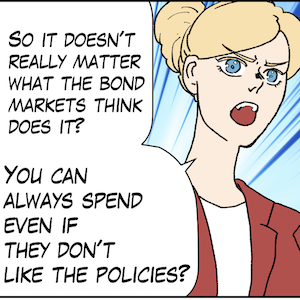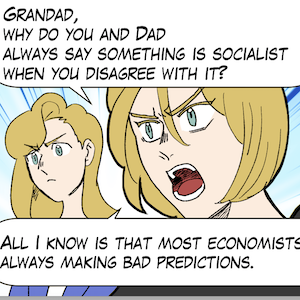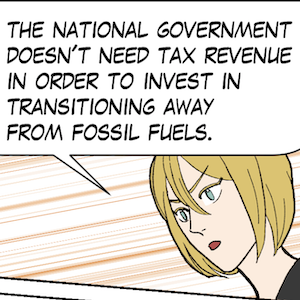Japan – up against the neo-liberal machine
I have been intrigued with Japan for many years. It probably started with the post-war hostility towards them by the soldiers who saw the worst of them. The Anzac tradition was very unkind to Japan and its modern generations. It always puzzled me how we could hate them so much yet rely on them for our Post-World War II boom. I also thought we owed them something for being part of the political axis that dropped the first and only nuclear weapon on defenceless citizens when the war was over anyway. Whatever, I have long studied the nation and its economy. So yesterday’s election outcome certainly exercises the mind. Will it be a paradigm shift or a frustrating period where an ostensibly social democratic government runs up against the neo-liberal machine? I put these thoughts together about while travelling to and from Sydney on the train today.



